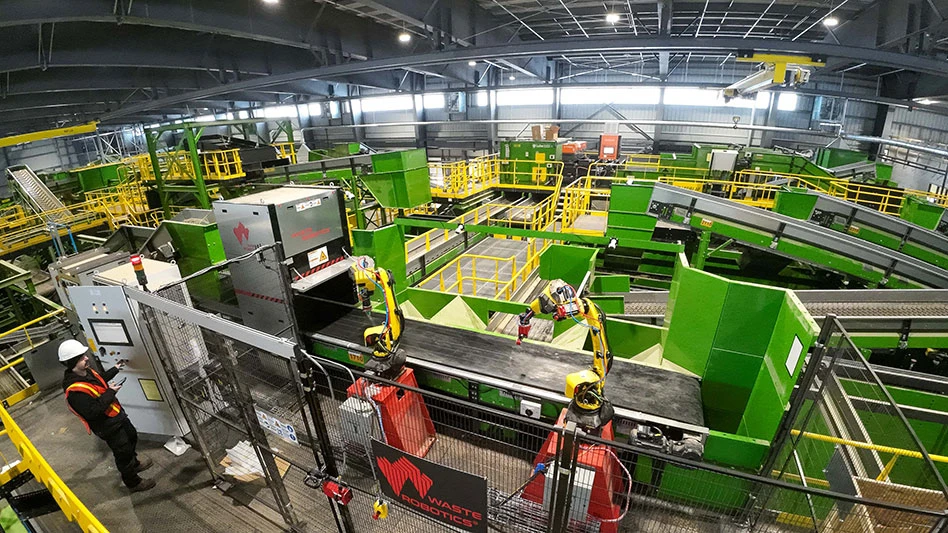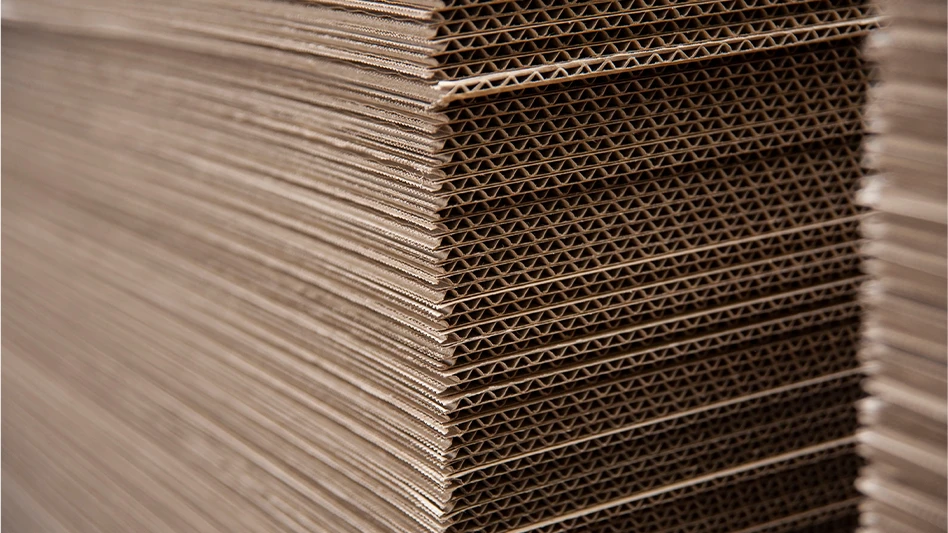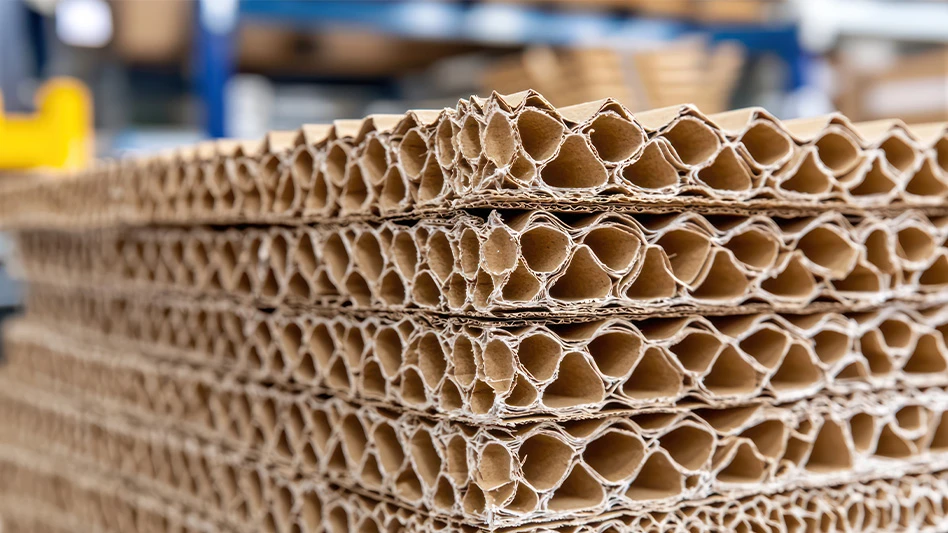
Photo courtesy of the Bureau of International Recycling
Steelmaking and recycling statistics gathered by the Ferrous Division of the Brussels-based Bureau of International Recycling (BIR) point to a slight decrease in the consumption of recycled steel last year compared with 2023.
The 16th edition of the “World Steel Recycling in Figures” handbook, an effort overseen by Ferrous Division Statistics Advisor Rolf Willeke, finds recycled steel consumption in the “key countries and regions” the BIR tracks was 1 percent lower in 2024 compared with the prior year.
Nonetheless, more than 460 million metric tons (mmt) of ferrous scrap was melted last year, and steel producers in the European Union, India and Turkey increased their year-on-year melt shop consumption of ferrous scrap in 2024.
Recycled steel consumption headed lower in China, the United States, Japan and South Korea in 2024 in a global steelmaking landscape where there was a 0.7 percent year-on-year decrease in crude steel production.
Prices for recycled steel resisted any upward pressure throughout most of 2024, likely leading to a lack of incentives for scrap collectors to boost the total of obsolete scrap they gathered throughout the year.
Potentially contributing to scrap’s flat demand and pricing last year was an increase in direct reduced iron (DRI) consumption. Citing the Brussels-based World Steel Association (Worldsteel), BIR says the use of the scrap alternative is estimated to have risen by more than 3 percent last year compared with 2023.
Offering better news for recycled steel processors, perhaps, are Worldsteel statistics that show the volume of steel made via often scrap-fed electric arc furnace (EAF) methods rose last year while more iron-intensive blast furnace/basic oxygen furnace (BOF) production declined slightly in 2024.
Of the more than 1.326 billion metric tons of steel made globally last year, 549 mmt was produced with EAF technology, amounting to 41.4 percent.
At the BIR Ferrous Division meeting this Monday in Valencia, Spain, delegates heard that a study conducted by BIR and global consulting firm KPMG is pointing to positive momentum for low-carbon (and recycled-content) steelmaking.
Shane Mellor, Ferrous Division president and managing director of United Kingdom-based Mellor Metals said that with over 90 percent of global steel production now originating from countries with strong decarbonization targets, the demand for low-carbon materials has never been greater.
“As metal recyclers, we are perfectly positioned as key enablers of this transition, but our impact must be demonstrated with robust credible data, data that not only quantifies our environmental footprint but also the transformative value of recycled metal in producing true green steel," Mellor says.
In the short term, however, challenges remain, according to panelists who took part in a discussion at the division meeting in Valencia.
Atilla Widnell of information services firm Navigate Commodities said some steel mills in the same countries with low-carbon targets were “in survival mode,” and that some decarbonization plans had been shelved for the time being.
Regarding tariffs, Michael Gaylard, a U.S.-based trader with Sims Metal, said that despite or in light of the latest delay on tariffs to be imposed on Europe by the U.S. government to July 9, “there is nothing you can really do planning wise.”
Latest from Recycling Today
- NWRA announces 2026 Hall of Fame class
- Van Dyk Recycling Solutions adds to sales team
- Glass Packaging Institute calls for 2027 Clear Choice Awards submissions
- EGA, Century Aluminum select firm to lead preparatory engineering work for primary aluminum smelter project
- Fuchs to unveil new G-Series at ReMA 2026
- Michigan’s Kent County DPW recycles nearly 30,000 tons in 2025
- New chair elected at INC-5.3
- Louisiana Recycling Coalition to host inaugural symposium





